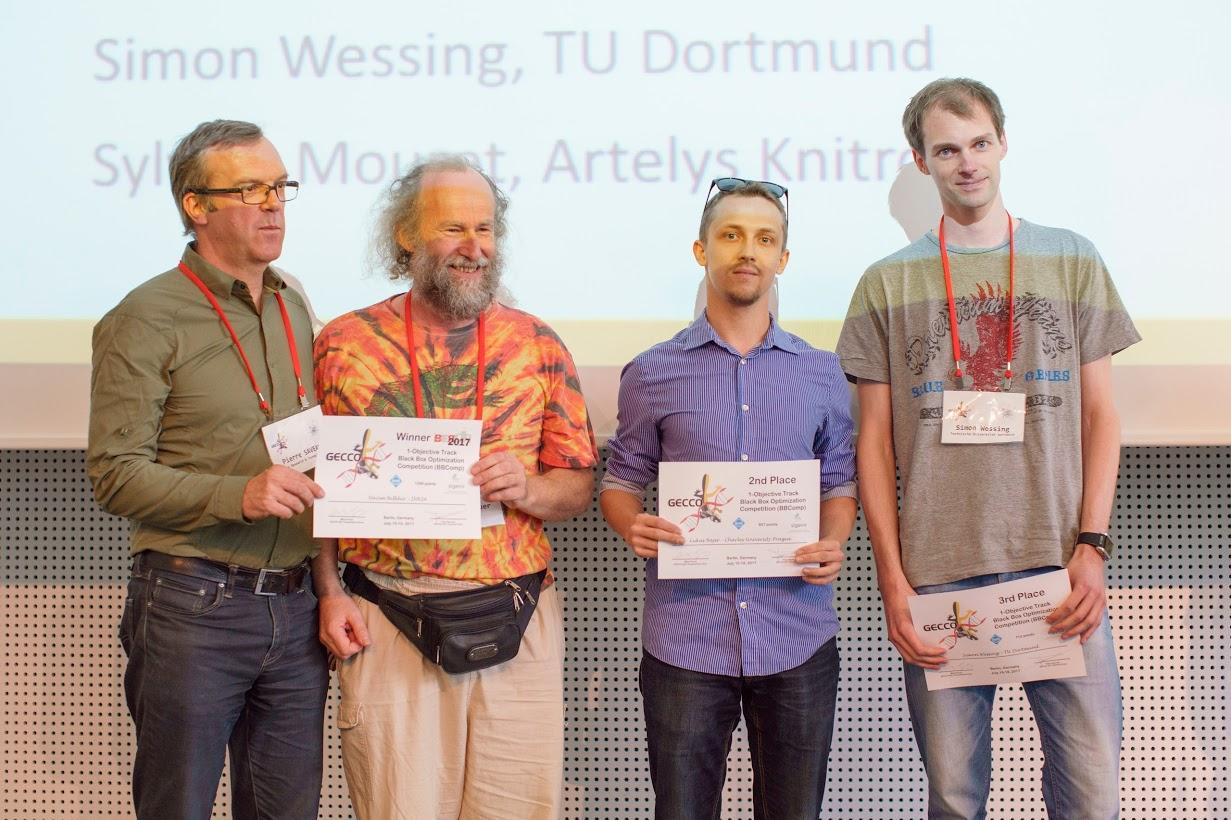How Thales and INRIA won an AI competition
Do you know what is the common feature between designing a wing profile, managing a smart grid and controlling a network of radars? Or between deep learning, data mining and automated design? They all need algorithms to find the best solution to problems they are trying to solve.
Very often, this best solution is hidden among a huge number of less good ones —sometimes even more than the number of atoms in the whole universe! To find it, we need algorithms called "optimisation algorithms", which are ubiquitous to modern artificial intelligence (AI) tools.
The best known yardstick of performance in computers is Moore's Law, which has seen the emergence of increasingly powerful processors over the past 50 years. But while processors were getting 1,000 times faster, the algorithms driving the software running on them have got 43,000 times faster! Today, Moore's law no longer holds, and artificial intelligence algorithms are now able to defeat any human at our hardest games of chess or Go.
Efficient optimisation algorithms are key to future applications of AI, and progress in this domain can drive tremendous breakthroughs.
Thales is at the edge of the research in AI, investigating new computing architectures but also investing in algorithmics.
In particular, researchers from the Thales research centre and INRIA, using technology from the École Polytechnique, have been busy for three years trying to improve algorithms that tackle one of the most ubiquitous and hardest problem of AI: finding the best solution of an optimisation problem while having almost no clue about it.
For the first time, the researchers have developed a solver that leverages machine learning and automated algorithm engineering in order to make an optimisation algorithm actually observe and learn the inner structure of a black-box problem, and then adapt its behaviour accordingly. This approach proved to be successful: our team recently won the main track of the international "black-box optimisation competition" at the 2017 Genetic and Evolutionary Computation Conference (GECCO'17, held in Berlin), which presents the latest high-quality results in genetic and evolutionary computation each year.
This new solver not only won the competition, but won it with a good margin, against competitors considered the best of the best. The achievement suggests that we're on the verge of a breakthrough improvement in algorithm efficiency.
This new approach opens the way to faster solving of current AI problems. The hardest problems are now closer to being solved. And a new approach to algorithm engineering is coming!

Banner image : © iStockphoto.com/Menno van Dijk , Faustine Dauby, Johann Dréo